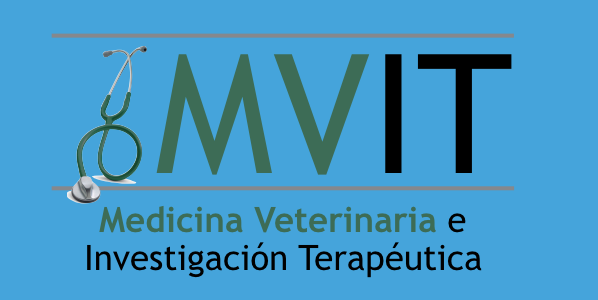Effects of induced parturition in goats on immunoglobulin G and chitotriosidase activity in colostrum and plasma and on plasma concentrations of prolactin (Article)
Domestic Animal Endocrinology
Volume 40, Issue 4, May 2011, Pages 192-196
Castro, N., Capote, J., Batista, M., Bruckmaier, R.M., Argüello, A.
Abstract
The effect of induction of parturition with a PGF 2α analog on plasma concentration of prolactin (PRL) and its effects on colostrum concentration of IgG and chitotriosidase (ChT) activity were studied in 16 pregnant Majorera goats. Treated goats, those in which parturition was induced, had greater concentrations of PRL than control goats 24 h before parturition (P < 0.05) and 48 h after parturition (P < 0.05). Control goats had greater concentrations of PRL than treated goats 96 h after parturition (P < 0.05). Plasma concentration of IgG did not differ between groups during the experimental period, but colostrum concentrations of IgG were greater in control goats than in treated goats at parturition (P < 0.05). Plasma ChT activity decreased during the period 72 h before parturition to 24 h after parturition in control and treated goats. Time evolution after partum affected the colostrum ChT activity, being greater at parturition than after parturition in both groups (P < 0.05). In summary, concentration of IgG in colostrum is slightly diminished if parturition is induced. Induction of parturition causes an early increase in PRL, which is most likely responsible for preterm suppression of IgG transport into mammary secretions.



